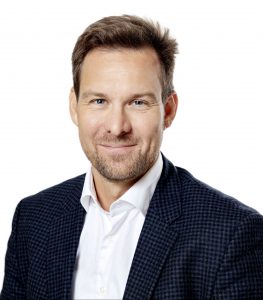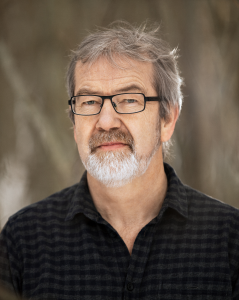New network to share experiences on disability and welfare services
Disability issues
16 May 2022
Support systems for persons with disabilities can be organised in many ways and the responsibilities may rest on different levels of government. This varies thoughout the Nordic region and has changed over time. These trends and themes concerning organisation of services will be the focus of the first webinar by the new Nordic experience network.
There is a consensus in the Nordic region when it comes to the rights for persons with disabilities provided in legislation, concerning for example mobility and autonomy. The aim is the same throughout the region, and most of the challenges as well.
At an institutional level, however, there is a great variety, both between and within the Nordic region, in how support for persons with disability is organised, how services are delivered, and who has the responsibility.
New Nordic experience network

With this in mind a Nordic network has been formed to enhance exchange of experiences and knowledge on how to support persons with disabilities. This experience network consists of both researchers and practitioners and is run by VIVE, the National Center for Social Science Research in Denmark.
The network will arrange webinars as a forum for knowledge sharing concerning research and practice, on both national, regional, and municipal levels.
– We want to integrate perspectives of users of disability services, practitioners within services for people with disabilities, as well as researchers and policymakers, says Jakob Trane Ibsen, Chief Analyst at Vive in Denmark.
Perspectives from Iceland, Norway and Sweden

The network’s first webinar will be held on June 16 from 1.30 pm to 4.00 pm CET, with the topic How is support for people with disability organized – experiences from the Nordic region.
Three key note speakers will present experiences and perspectives from Iceland, Sweden and Norway: Rannveig Traustadóttir, University of Iceland, Johanna Gustafsson, University of Örebro and OsloMet, and Jan Tøssebro, Norwegian University of Science and Technology.
They will talk about how welfare services are organised, financed, prioritised and implemented and how responsibility is organised between different levels of government.
Next up are inclusive schools
– We hope that both researchers and practioners from all over the region will participate and share their knowledge and experiences from the field, says Jakob Trane Ibsen.
After this first webinar there will be a whole series to follow, with at least one or two webinars this autumn. The next topic up for discussion is inclusive schools and the organisation of individual support in schools.
Some of the other themes to follow will be measures of quality, progress, and user satisfaction in services and governing and coordinating professionalisation and specialisation. There will also be a webinar to compare the ways in which the countries offer personal assistance and related support functions.
